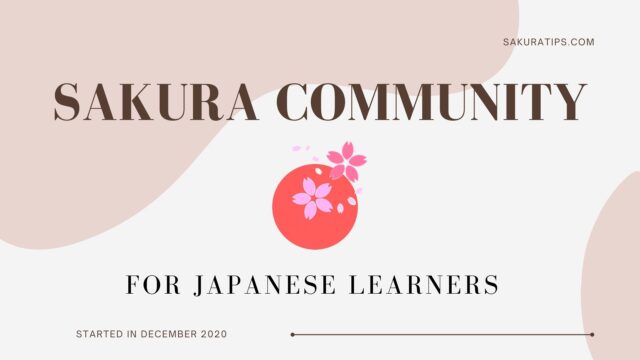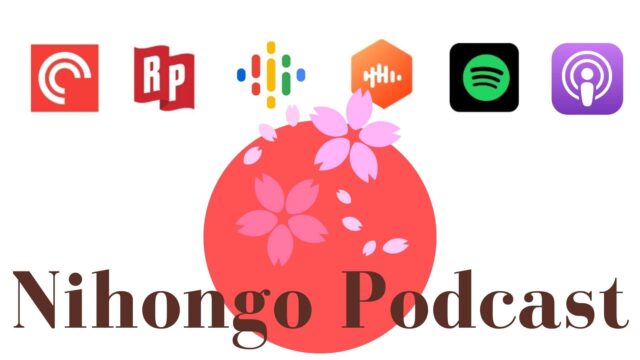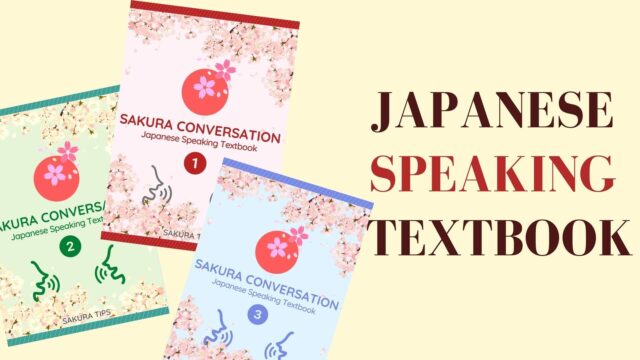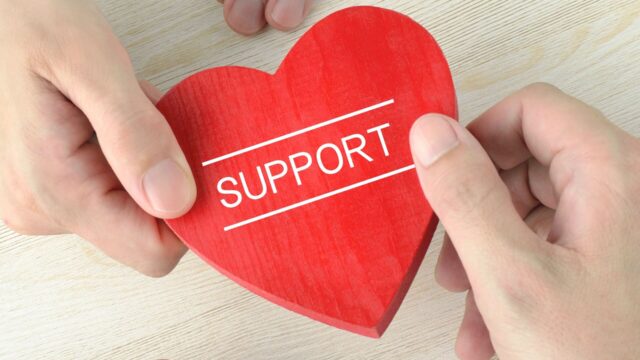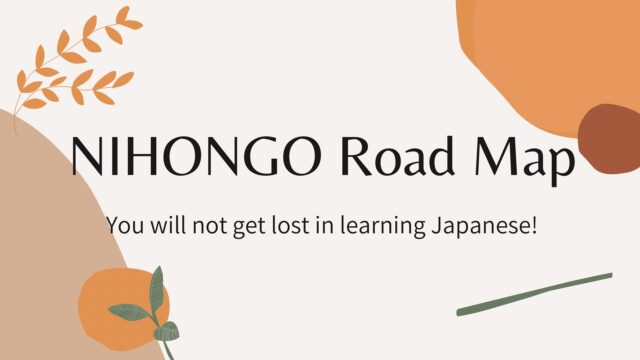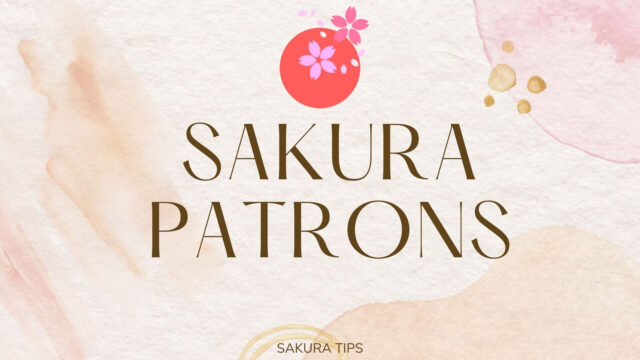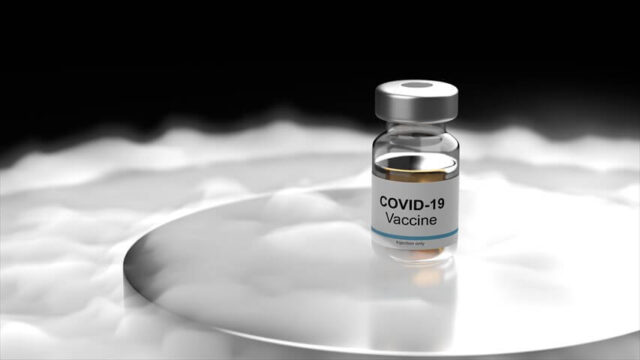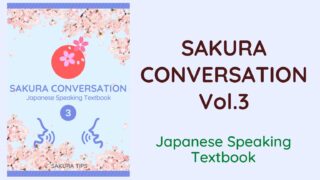みなさんこんにちは。
SAKURA TIPSのまりです。
この番組は日本語を勉強している人のための日本語聞き流し番組です。
ゆっくり日本語を話します。
今日のテーマは過労死についてです。
みなさん過労死という言葉を知っていますか?
過労死は実は、英語です。
オックスフォードの辞書にも載っています。
正確に言えば、元々日本語ですが、そのまま英語になったものです。
和食とか和牛・絵文字 と同じですね。
過労死は、働きすぎで死んでしまう という意味です。
日本では、働きすぎが問題になっています。
2015年、日本の広告会社で働く女の子が、働きすぎによって自殺をしました。
彼女はまだ24歳で、東京大学を卒業した新入社員でした。
このように働きすぎによって若い人が体調を崩してしまうことがたくさんあります。
残業をしすぎないように、政府や企業は対策をしていますが、
それでも過労死の問題はなくなりません。
長く働く理由のひとつとして、上司に問題があるケースがあります。
彼らが若いころの日本は、長く働くことがあたりまえでした。
長く働けば働くほど会社で評価され、昇進(promote)できたのです。
そのような働き方を、現在の若い社員にもさせようとしている上司がいます。
また、20~30年ほど前、あるエナジードリンクが話題になりました。
キャッチコピーは「24時間戦えますか?」
つまり、24時間働くために、このドリンクでエネルギーをチャージしようということです。
当時は受け入れられていた言葉ですが、今聞くととても気味が悪いですよね。
みなさんの国では残業はどのくらいしていますか?
きちんと定時で帰れていますか?
Hello, everyone.
This is Mari from SAKURA TIPS.
This is a Japanese language listening program for those who are studying Japanese.
I’ll be speaking Japanese slowly.
Today’s theme is about death from overwork.
Do you know the word “Karoshi”?
Overworked is, in fact, English.
It is found in the Oxford dictionary.
To be precise, it was originally a Japanese word, but it has been changed to English.
It’s the same as “Washoku” or “Wagyu” or “Emoji”.
Overwork death means to die from overwork.
In Japan, overworking is a problem.
In 2015, a girl working for a Japanese advertising company committed suicide due to overwork.
She was only 24 years old and was a new employee who had graduated from the University of Tokyo.
This is one of the many ways that overworking can cause young people to become ill.
Although the government and companies are taking measures to prevent them from working too much overtime
Still, the problem of overworked workers is not going away.
One of the reasons why people work long hours is because of problems with their bosses.
When they were young, it was normal to work long hours in Japan.
The longer you worked, the more you were valued and promoted in the company.
Some bosses are trying to force that way of working to young employees today.
Also, an energy drink was in the news about 20 or 30 years ago.
The catchphrase was, “Can you fight for 24 hours?
In other words, we used this drink to recharge our energy to work around the clock.
It was an accepted term at the time, but when you hear it now, it’s very creepy.
How much overtime do you work in your country?
Are you getting home on time?

